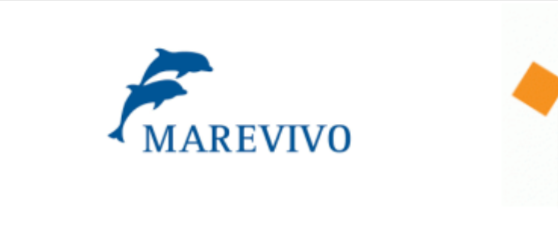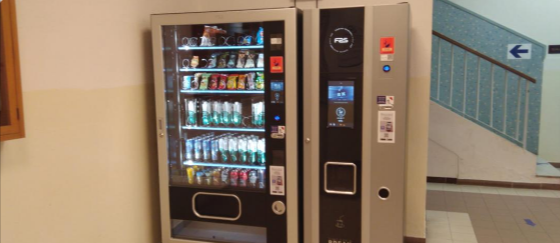The university's commitment against the use of single-use plastics stems from its adhesion in 2019 to the "#StopSingleUsePlastic#" Memorandum of Understanding signed between CRUI, CoNISMa and the Marevivo association. The Protocol concerns a series of activities to raise awareness and education on environmental protection and to encourage the elimination of single-use plastic in universities.
To encourage a reduction in the use of plastic in university facilities, steel water bottles have been distributed to students on many degree courses, Erasmus students, participants in numerous events open to the public and employees.
Since 2021, the university has been equipped with 'plastic-free' vending machines, i.e. dispensing hot and cold drinks in containers made of plastic-free material. Specifically, hot drinks are dispensed in single-portion containers made of 100% compostable or recyclable material, while still cold water is dispensed in tetra pack ® containers and sparkling water in recyclable aluminium cans.
This follows a tender launched by the University in 2020 for the concession of spaces to be used for refreshment services with vending machines for food and drinks packaged in compliance with sustainability criteria and, where possible, without plastic containers. The vending machines have been placed throughout the University in the Cagliari and Monserrato sites.
UniCa participated in the European Week for Waste Reduction (SERR) in February 2020 by describing the “Pausa caffè Plastic-Free” initiative: Plastic-free Coffee Break - Sustainable UniCa - SERR (ewwr.eu).
An article in the European Commission's magazine GPP Issue, No. 107, September 2021 mentioned the contract for "plastic-free" vending machines as an example of good practice adopted by a PA in the field of sustainability and environmental education.
In the wake of the commitments made to reduce the use of single-use plastic, we should also mention the Academic Senate's invitation to departments and faculties to avoid the use of plastic containers and packaging during meetings and in-presence activities, and to replace them with recyclable materials.
Lastly, the university wanted to further characterise its sustainability footprint by devoting more attention to procurement activities through public purchasing, which in recent years has been increasingly careful to include CAM (Minimum Environmental Criteria) and award criteria in procurement procedures (e.g. the contract for the management of the cafeteria, bar and small catering service at the Economic and Legal Hub and the Aresu campus and the contract, currently being renewed, for the supply of goods and integrated services with a low environmental impact for the organisation of events.


